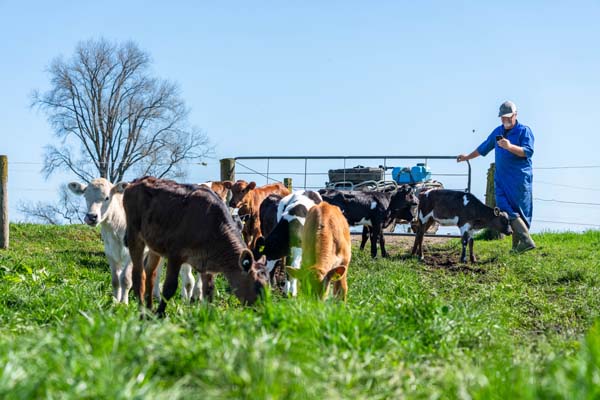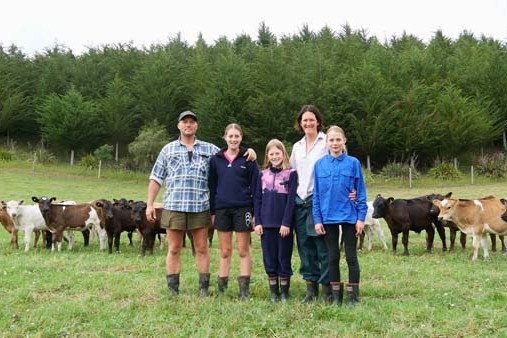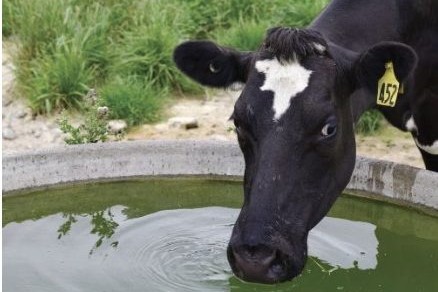Sheryl Brown
Farmers need to consult with their advisers and get semen orders in early if they are planning on removing bulls onfarm this spring.
The presence of Mycoplasma bovis is pushing many dairy farmers to weigh up the risk of buying or leasing bulls for mating, and instead using only artificial insemination (AI).
Up to 10% more New Zealand farmers could be doing only AI this spring mating, LIC general manager of NZ markets Malcolm Ellis says.
LIC has had significant numbers of inquiries from farmers about extending their artificial breeding (AB) programme and the company is working to respond to the demand.
“We think 10-15% more farms could elect for no bull this spring, that’s a lot of herds – another 1000-1500 more herds that could go with no bull.
“This will be regional specific with considerable inquiry out of the Canterbury and Southland regions.”
There is no issue with bull power and semen supply, however, he is encouraging farmers to get their semen orders in early to help with the availability of technician services.
‘Before farmers make an emotional decision they need to talk to the right rural professionals. It might start as an emotional decision, but it has to be a calculated one.’
LIC will be extending contracts with their AI technicians and where necessary will be relocating technicians to cater to the increased demand.
“We want farmers to get in touch because we want to ensure we have things in place, we are thinking there will be a late surge.”
LIC will be testing semen batches daily for M bovis and will also be adding an antibiotic to semen.
This antibiotic only has a 0.23% impact on return rates in fresh semen, which is minimal when it comes to adding more assurance to the product, Ellis says.
Changes and biosecurity associated costs may impact the co-operative.
“We are responsible for driving genetic gain but we are required to do that safely. We can’t afford not to.”
People need to fully consider what no bulls and an extended AB programme entails, Ellis says.
“There are a lot of conversations and decisions being made after the 6pm news.
“Before farmers make an emotional decision they need to talk to the right rural professionals. It might start as an emotional decision, but it has to be a calculated one.”
Farmers need to consider the impact on their staff when it comes to heat detection, and the consequences on herd fertility.
Many farmer owners or sharemilkers make sure they are in the farm dairy for those critical weeks of AB to correctly identify cows on heat and select bulls.
To push that out another three or four weeks could take a toll on people, Ellis says.
“Farmers have over the years realised the capability and skill set required over those defining weeks of AB, but it’s quite a different thing adding another three or four weeks.”
One of the benefits of going to a completely AB programme is taking away the issue of lame and tired bulls.
“Bull fatigue is a massive issue so taking bulls away doesn’t mean you will necessarily drop reproductive performance.”
Another benefit of replacing bulls is the use of short gestation semen to close the calving spread, he says.
The overarching message from this M bovis response is realising NZ’s reliance on off-farm grazing and bull use, he says.
“We have a huge annual movement of cows, winter grazing, young stock and a lot of bull movement with farmers bringing bulls into the system.”




